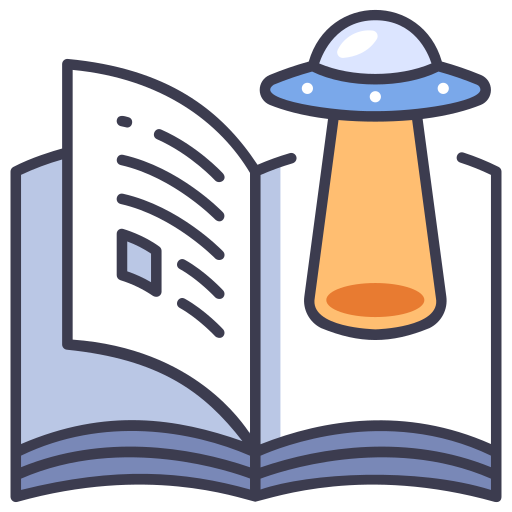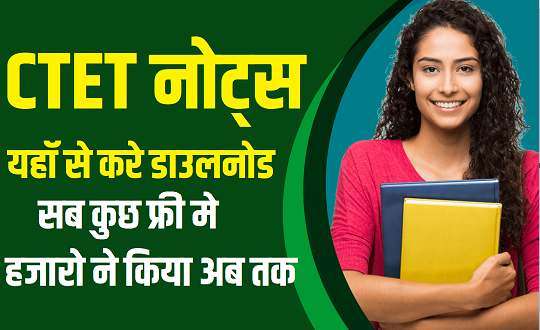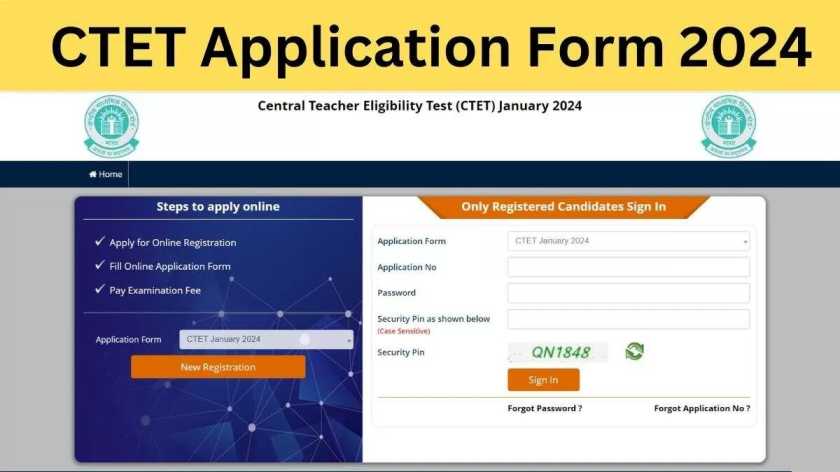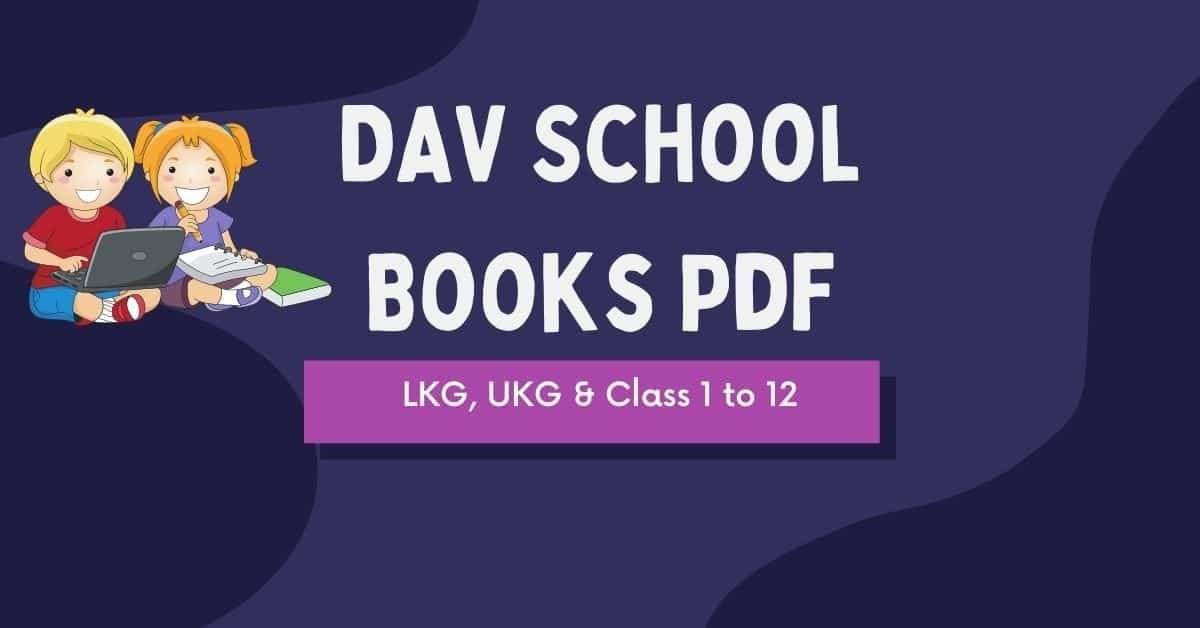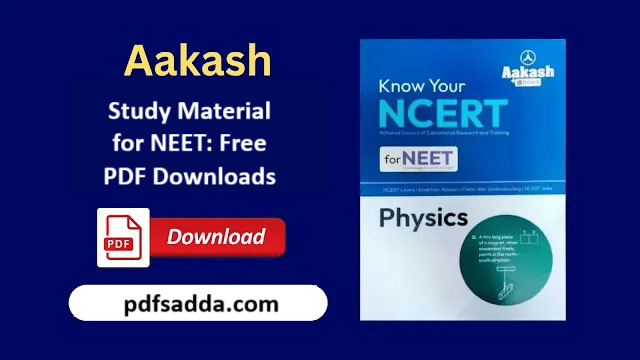Comprehensive CTET CDP Notes for Paper 1 & 2
The Central Teacher Eligibility Test (CTET) is a crucial examination for aspiring teachers in India, and understanding the Child Development and Pedagogy (CDP) section is essential for success. In this blog post, we’ll explore key concepts and topics covered in the CDP section of both Paper 1 and Paper 2, providing you with comprehensive notes to enhance your preparation.
Understanding Child Development and Pedagogy (CDP)
What is CDP?
Child Development and Pedagogy is the study of how children grow, learn, and develop in an educational context. This section evaluates your understanding of the principles of child development, learning theories, and effective teaching methodologies.
Importance of CDP in CTET
CDP is integral to teaching as it helps educators tailor their approach to meet the diverse needs of students. A strong grasp of CDP principles allows teachers to create a conducive learning environment that fosters holistic development.
Key Concepts for Paper 1
1. Child Development Stages
– Physical Development: Growth patterns, milestones, and health.
– Cognitive Development: Piaget’s stages (sensorimotor, preoperational, concrete operational, formal operational).
– Social and Emotional Development: Understanding attachment, self-esteem, and social skills.
2. Learning Theories
– Behaviorism: Focus on observable behavior and the role of reinforcement.
– Constructivism: Emphasizes the learner’s active role in constructing knowledge (Vygotsky’s and Piaget’s theories).
– Multiple Intelligences: Gardner’s theory highlighting various types of intelligence.
3. Inclusive Education
– Understanding diverse learning needs and promoting an inclusive classroom.
– Strategies for teaching children with special needs.
4. Motivation and Learning
– Intrinsic vs. extrinsic motivation.
– Techniques to foster motivation in young learners.
5. Assessment and Evaluation
– Different types of assessments: formative, summative, diagnostic.
– Understanding assessment tools and their role in measuring student progress.
Key Concepts for Paper 2
1. Pedagogical Approaches
– Teacher-Centered vs. Learner-Centered: Differences in methodology and classroom management.
– Project-Based Learning: Encouraging real-world applications and critical thinking.
2. Curriculum and Syllabus Design
– Key components of an effective curriculum.
– Importance of aligning learning objectives with assessment methods.
3. Role of a Teacher
– Facilitator, mentor, and guide in the learning process.
– Building positive relationships with students.
4.Classroom Management
– Strategies for maintaining discipline and fostering a positive learning environment.
– Techniques for engaging students and managing diverse behaviors.
5. Educational Psychology
– Understanding the psychological principles that impact learning.
– Theories of learning and their application in teaching practices.
Tips for Effective Preparation
1. Study Regularly: Make a study schedule to cover all topics systematically.
2. Practice Previous Years’ Papers: Familiarize yourself with the exam format and types of questions.
3. Join Study Groups: Collaborate with peers to enhance understanding through discussion.
4. Use Visual Aids: Diagrams, charts, and mind maps can help reinforce learning.
5. Stay Updated: Keep abreast of educational policies and practices to enrich your knowledge base.
Conclusion
A solid understanding of Child Development and Pedagogy is vital for aspiring teachers taking the CTET. By focusing on the concepts outlined in this blog post, you can build a strong foundation that will not only help you succeed in the exam but also prepare you for a rewarding teaching career. Remember, teaching is not just about imparting knowledge; it’s about nurturing young minds to grow and thrive. Good luck with your preparation!









